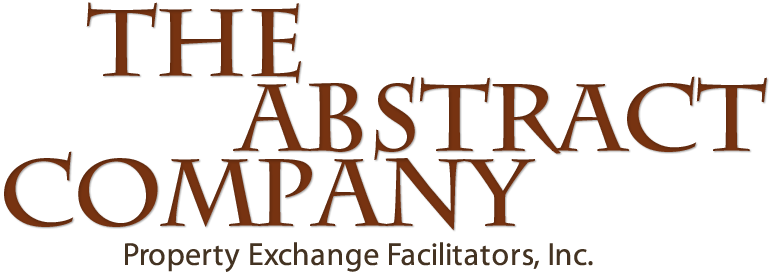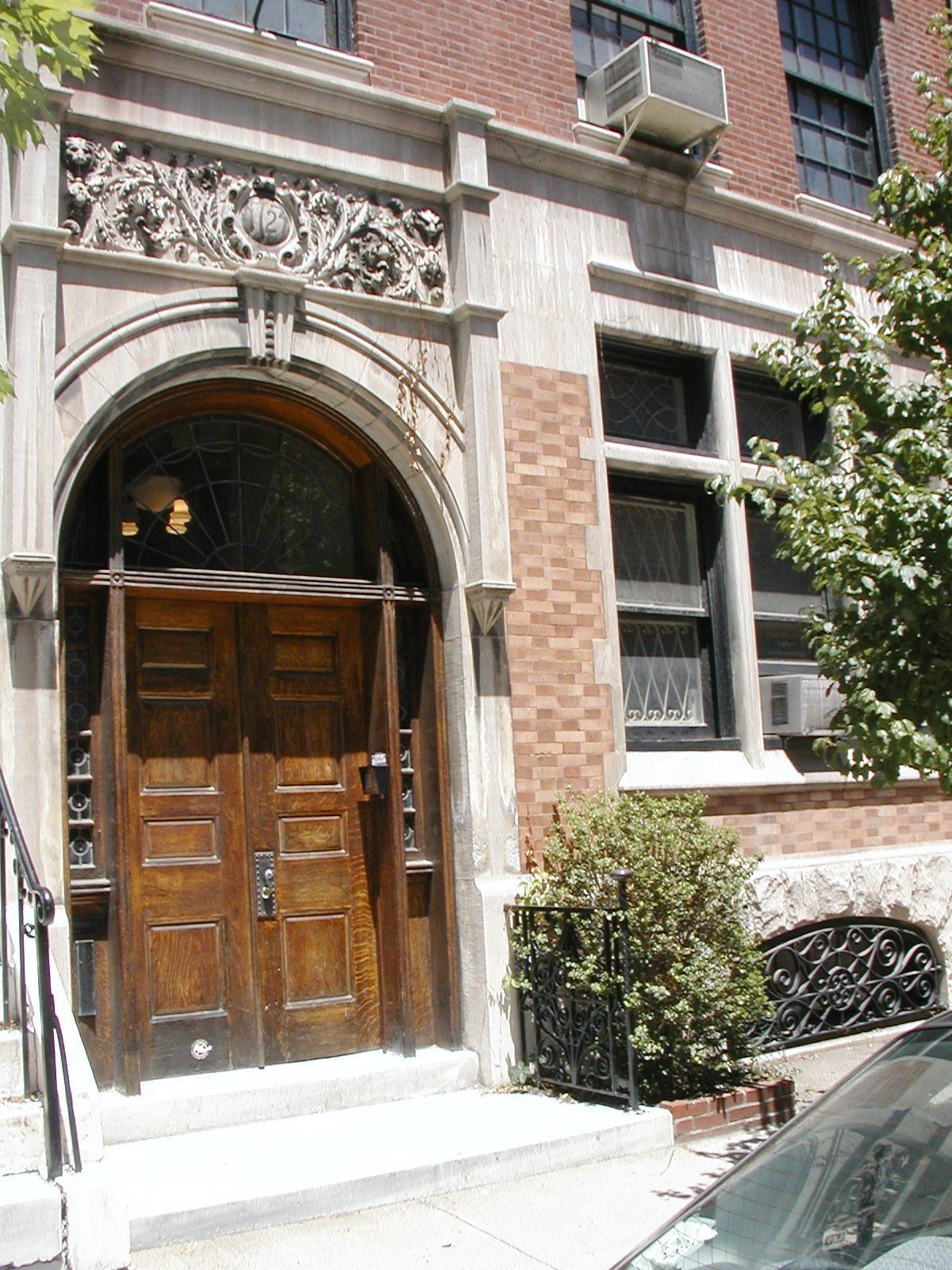RESPA REFORM
RESPA Reform, The Abstract Company & YOU...
Recently, the U.S. Department of Housing and Urban Development or HUD enacted new rules for mortgage lenders and title insurance companies to help YOU, the consumer, better understand the lending process and the fees you pay at closing.
Good Faith Estimate
Within 3 business days of your mortgage application, your lender must deliver to you a Good Faith Estimate or GFE. This is the lender’s estimate of your settlement charges and loan terms, based on the information you have provided to your lender. The GFE will identify:
- Your loan amount
- The term of your loan - how many years you have to repay
- Your initial interest rate - the monthly principal and interest payment on the loan
- Whether or not your principal balance can increase - if you have a negative amortization loan or reverse mortgage
- Whether or not you have a prepayment penalty
- If your loan has a balloon feature
- Whether or not an escrow account is required to pay your property taxes and/or your annual homeowner’s hazard insurance payment.
The GFE discloses the fees associated with your loan and separates them into 3 categories:
- Charges which cannot increase at settlement which include: the lender’s loan origination charge, lender’s credit or charge (points) for the specific interest rate chosen (after you lock your rate), adjusted origination charges (again, after you lock your rate) and transfer taxes (this only applies to purchase transactions in Pennsylvania and New Jersey).
- Charges which can increase up to 10% at settlement which include:
- Required services that the lender selects (required services include credit reports, real estate appraisals, up-front mortgage insurance premiums (on FHA loans), VA funding fees (for VA loans)
- Lender’s title insurance and title services, if selected by the lender or chosen from a list of vendors the lender is required to provide you with
- Owner’s title insurance if you use a vendor they identify
- Required services that you can shop for (such as surveyors or pest inspectors) that are again chosen from a list provided by the lender
- Government recording charges (any documents from your settlement that must be recorded in the County Recorder’s office, including deeds, mortgages, powers of attorney, assignments of mortgage, etc.)
- Charges that can change at settlement, which include:
- Required services that you can shop for if you choose a vendor not identified by the lender
- Title services & owner’s lender’s title insurance if you choose a title company not identified by your lender
- Initial deposit for your escrow account (because your lender at this point does not know the amount of your property taxes or homeowners hazard insurance policy)
- Daily interest charges (which are determined by the date your loan funds)
- Your homeowner’s hazard insurance fees
CONSUMERS - It is extremely important to note that even if the Abstract Company is not identified by your lender as an “approved” vendor, our goal is always to provide the consumer with the fairest, most accurate fees we can provide under state law and, of course, the best services, regardless of price.
LENDERS - We would be happy to work with you in providing your borrowers with the most accurate fees possible as well as our top-quality customer service.
Interested In Our Title Insurance & Real Estate Settlement Services?
The Abstract Company Is Here To Help!
We want to know your needs exactly so that we can provide the perfect solution.

